
- Registration Closed
Overview
The ACMT Total Tox Course is a comprehensive review of the scope of emergency toxicology and includes cutting-edge interventions and management options for poisoned patients. Prominent experts in medical toxicology and emergency medicine have lead the creation of this course. This on-demand course consists of three sections: Pharmaceuticals, Substance Use & Emergency Preparedness, and Non-Pharmaceuticals.
The lectures in this section will focus on Pharmaceuticals. With approximately 6 hours of on-demand Continuing Educational content, there are twelve lectures and one case panel in this section.
Target Audience: Physicians, Pharmacists, Advanced Practice Nurses, Nurses, Physician Assistants, Medics, EMTs, SPIs, Laboratorians, Poison Center Educators, First Responders, Operational or Tactical Specialists, Residents and Students
Learning Objectives
At the end of the Pharmaceuticals section, learners should be able to:
- Identify the most common interventions performed in acute poisoning
- Know how to examine a poisoned patient and identify what to look for in common poisonings
- Learn different treatment options for common toxidromes
- Discuss acetaminophen ingestions
- Know which patients require treatment
- Learn about novel treatments for acetaminophen-related poisoning.
- Describe the treatment of NSAID poisoning
- Discuss the pathophysiology of salicylate poisoning
- Differentiate between treatment for NSAID and salicylate poisoning
- Identify major antihistamines used to treat breathing problems
- Describe the action of antitussive medications
- Describe the pharmacology of antihistaminics with emphasis on clinical uses, adverse drug reactions and interactions
- Explain the pharmacologic, toxicity, and treatment differences between Tricyclic Antidepressants and Antipsychotics
- Discuss "typical" vs. "atypical" antipsychotics
- Describe the overlapping features of Serotonin Syndrome, Anticholinergic Syndrome, and NMS produced by TCAs and Antipsychotics
- Identify unique concerns of specific antidepressants in overdose
- Discuss drug discontinuation syndrome as it applies to SSRIs & atypical antidepressants
- Compare differences in acute vs. chronic lithium toxicity
- Discuss mechanisms of toxicity, clinical manifestations, and update on optimal therapy for beta-adrenergic blocking drugs and calcium channel antagonists drugs
- Discuss treatment options focusing on high-dose insulin vs vasopressor controversy
- Discuss how the optimal management of drug-induced dysrhythmias differs from AHA ACLS algorithms
- Discuss optimal treatment of drug-induced dysrhythmias
- Review the mechanism of action, indications, contraindications, adverse reactions, and common drug interactions of warfarin.
- Identify appropriate uses of reversal agents for common anticoagulants
- Review the latest data in NOAC trials
- Recognize management issues with overdose of endocrine drugs
- Recognize endocrine function impact of ‘non-endocrine’ medications
- Be aware of endocrine clues and mimics
- Know the toxicity of common anticonvulsants
- Identify which laboratory testing is required for toxicity from anticonvulsant agents
- Identify treatment options for anticonvulsant toxicity
- Discuss the mechanism of action of the 5 major classes of antimicrobials
- Assess the likelihood of a cross-reaction between penicillin and cephalosporin
- Describe potential toxicities of commonly prescribed antimicrobial treatments
If you are interested in the other sections of this course, check out the links below!
Substance Use & Emergency Preparedness Section Non-Pharmacecuticals Section
Total Tox - Pharmaceuticals Syllabus
PRE-TEST
12 multiple-choice questions to ascertain your baseline knowledge on the topic.
From Toxidromes to Activated Charcoal: A Rational Approach For Managing the Poisoned Patient | 43m
Dr. Ann Arens, Emergency Medicine physician at Hennepin Healthcare in Minneapolis, identifies the most common interventions performed in acute poisoning. After watching this lecture, learners will know how to examine a poisoned patient and identify what to look for in common poisonings. They will also learn different treatment options for common toxidromes.
Over-the-Counter Poisons #1: Acetaminophen | 28m
Cook County Health & NorthShote University HealthSystem Medical Toxicologist and Emergency Medicine Physician, Dr. Neeraj Chhabra, discusses acetaminophen ingestions. Learners will know which patients require treatment. They will also learn about novel treatments for acetaminophen-related poisoning.
Over-the-Counter Poisons #2: NSAIDS and ASA | 41m
Clinical Associate Professor of Pharmacology at the University of Illinois Chicago, Dr. Renee Petzel Gimbar, describes the treatment of NSAID poisoning. During her lecture, she also discusses the pathophysiology of salicylate poisoning and differentiates between treatment for NSAID and salicylate poisoning.
Case Review & Roundtable Discussion on Complex Acetaminophen Cases | 20m
This case study was designed to spark conversation between a group of experts and attendees on the topic of acetaminophen. It was recorded to a live virtual Total Tox Course recorded on November 4, 2022. Learners will learn from the discourse and interaction on clinical cases presented. The Speakers for this discussion: Neeraj Chhabra, MD, MSCR; Renee Petzel Gimbar, PharmD; Christina Hantsch, MD, FACEP, FACMT, FAACT; Michelle Hieger, DO (moderator).
Over-the-Counter Poisons #3: Antihistamines & Antitussives | 28m
Dr. Michelle Hieger, Emergency Physician and Medical Toxicologist at WellSpan York Hospital, identifies major antihistamines used to treat breathing problems. Her lecture also describes the action of antitussive medications and the pharmacology of antihistaminics with emphasis on clinical uses, adverse drug reactions, and interactions.
The Ins and Outs of Ups and Downs #1: Tricyclic Antidepressants & Antipsychotics | 49m
Emergency Medicine Physician and Director of Consultation-Liaison Psychiatry services for the Queen Elizabeth Hospital in Charlottetown, Prince Edward Island, Dr. J.J. Rasimas, explains the pharmacologic, toxicity, and treatment differences between Tricyclic Antidepressants and Antipsychotics. During his lecture he also discusses "typical" vs. "atypical" antipsychotics and describes the overlapping features of Serotonin Syndrome, Anticholinergic Syndrome, and NMS produced by TCAs and Antipsychotics.
The Ins and Outs of Ups and Downs #2: SSRIs and Lithium | 32m
Director of Addiction & Toxicology Program & Emergency Care Physician at Abbott Northwestern Hospital & Emergency Care Consultants, Dr. Katherine Katzung, identifies unique concerns of specific antidepressants in overdose. Her lecture also discusses drug discontinuation syndrome as it applies to SSRIs & atypical antidepressants and compares differences in acute vs. chronic lithium toxicity.
Beta Blockers and Calcium Channel Blockers: When the Antagonists Become Antagonistic | 30m
Dr. William "Russ" Kerns, Emeritus Professor of Emergency Medicine at Carolinas Medical Center, discusses mechanisms of toxicity, clinical manifestations, and provides updates on optimal therapy for beta-adrenergic blocking drugs and calcium channel antagonists drugs. He also discusses treatment options focusing on high-dose insulin vs vasopressor controversy.
Drug-Induced Dysrhythmias: When You Can't Control the Rhythm | 27m
Dr. William "Russ" Kerns, Emeritus Professor of Emergency Medicine at Carolinas Medical Center, discusses how the optimal management of drug-induced dysrhythmias differs from AHA ACLS algorithms and compares optimal treatments of drug-induced dysrhythmias.
Anticoagulants and Antithrombotics: When You Can't Control the Bleeding | 39m
Emergency Medicine Physician and Associate Medical Director at Hennepin HealthCare and Minnesota Poison Control System, Dr. Travis Olives, reviews the mechanism of action, indications, contraindications, adverse reactions, and common drug interactions of warfarin. During his lecture he also identifies appropriate uses of reversal agents for common anticoagulants and reviews the latest data in NOAC trials.
Out of Balance: Toxicity of Endocrine Agents | 25m
Dr. Mary Billington, Assistant Professor and Director of Medical Toxicology at the University of Texas Health Science Center at Houston discusses management issues with overdose of endocrine drugs. During this lecture she also reviews the endocrine function impact of ‘non-endocrine’ medications and so that learners are aware of endocrine clues and mimics.
Anticonvulsants: When the Level Makes You Unsteady | 28m
Dr. Daniel Sessions, Medical Toxicologist at Ochsner Medical Center in New Orleans, reviews the toxicity of common anticonvulsants. During his lecture he identifies which laboratory testing is required for toxicity from anticonvulsant agents and also identifies treatment options for anticonvulsant toxicity.
Antimicrobials & Antivirals: When the Cure Becomes Toxic | 35m
Emergency Medicine Attending Physician and Professor Of Emergency Medicine at MedStar Washington Hospital Center & Georgetown University Hospital, Dr. Maryann Amirshahi, discusses the mechanism of action of the 5 major classes of antimicrobials. After watching this lecture, learners should be able to assess the likelihood of a cross-reaction between penicillin and cephalosporin and describe potential toxicities of commonly prescribed antimicrobial treatments.
POST-TEST
Retake the same 12 multiple-choice questions asked during the pre-test and compare your scores to assess your learning.
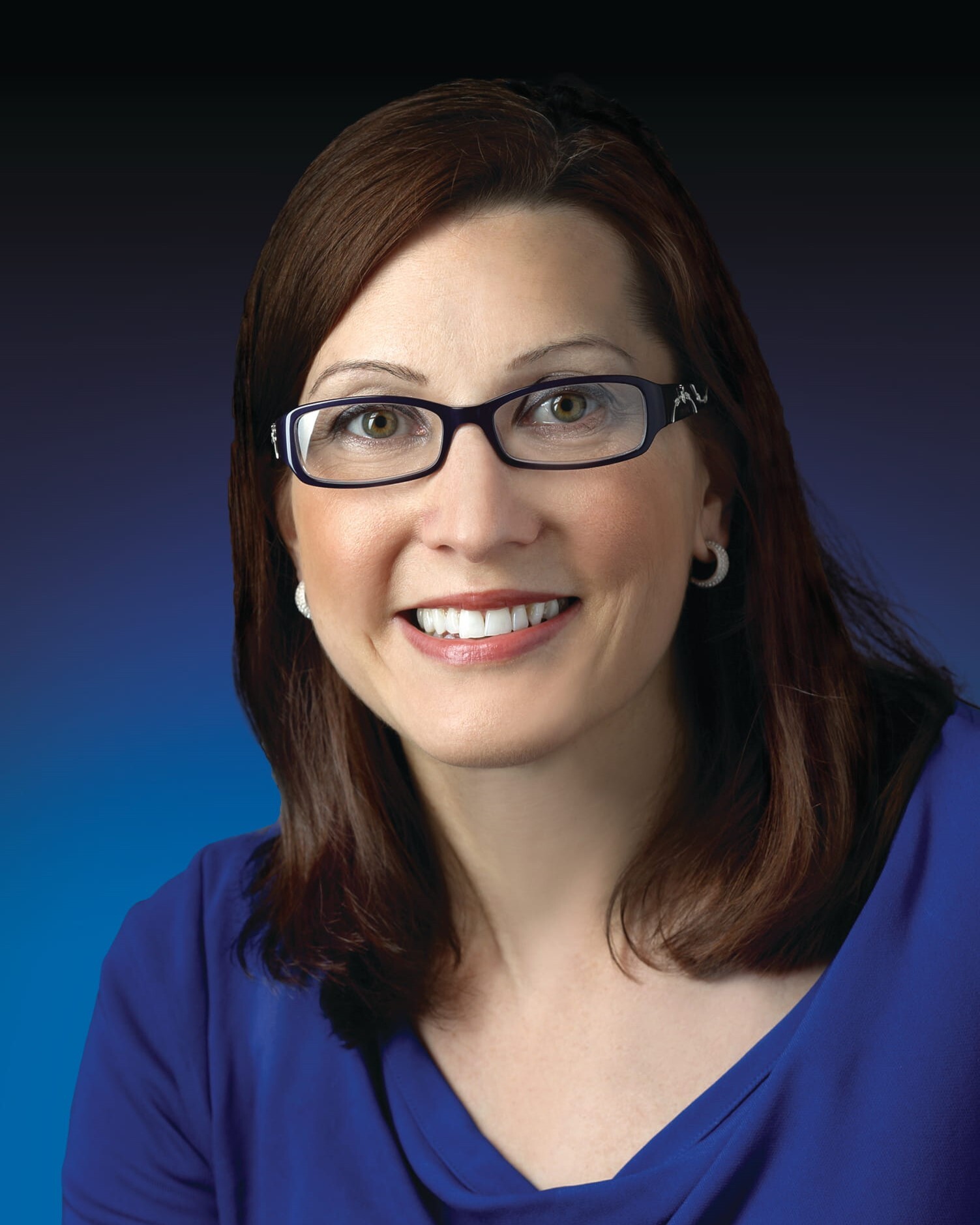
Maryann Amirshahi, PharmD, MD, MPH, PhD, FACMT
Emergency Medicine Attending Physician, Professor Of Emergency Medicine, Co-Medical Director
MedStar Washington Hospital Center, Georgetown University Hospital, National Capital Poison Center
Maryann Amirshahi completed her Bachelors in Pharmacy and PharmD degrees at the University of the Sciences in Philadelphia, followed by medical school at Temple University. She completed her emergency medicine residency at the Hospital of the University of Pennsylvania, medical toxicology fellowship at the George Washington University/National Capital Poison Center, and clinical pharmacology fellowship at Children’s National Medical Center. She also received an MPH from the George Washington University focusing on environmental and occupational health. She completed her PhD at Erasmus University, with a focus on pharmacology and public health. She is board certified in emergency medicine, medical toxicology, addiction medicine, and clinical pharmacology. She is also a registered pharmacist with over a decade of practice experience and is a Board Certified Pharmacotherapy Specialist.
She is a Professor of Emergency Medicine at the Georgetown University School of Medicine in Washington, DC. Maryann practices clinically at MedStar Washington Hospital Center, where she not only treats poisoned patients on a daily basis, but also plays a major role in bringing addiction care to the emergency department setting. She also is active at the health system level with roles in medication safety, opioid stewardship, and resident education. Nationally, she serves on the Board of Directors for the American College of Medical Toxicology. Maryann is currently the co-medical director at the National Capital Poison Center. Maryann is a proliferative researcher with nearly 200 peer-reviewed publications and book chapters. Her research interests include medication safety, medical toxicology, drug shortages, addiction treatment in the emergency department, and prescription drug abuse.

Ann Arens, MD
Emergency Medicine Physician
Ochsner Medical Center
Dr. Arens is an Emergency Medicine physician who practices at Ochsner Medical Center in New Orleans, LA. Dr. Arens completed her Emergency Medicine training at the Denver Health Residency in Emergency Medicine, and her medical toxicology training at the University of California – San Francisco. She was amongst the first toxicologists to identify and describe counterfeit fentanyl products, and has continued to identify outbreaks of new drugs of abuse. She has a broad range of research interests including: the identification of new drugs of abuse including novel opioids contributing to the current opioid epidemic, the use of antidotes, and advanced supportive care of the poisoned patient.
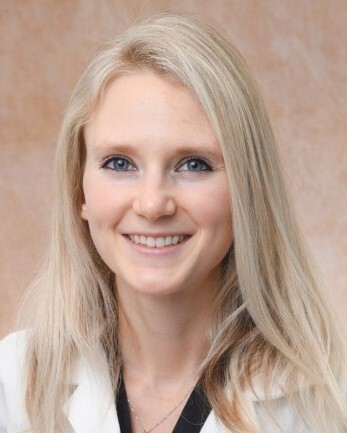
Mary Billington, MD
Assistant Professor and Director Of Medical Toxicology
University of Texas Health Science Center at Houston (UTHealth Houston)
Dr. Mary Billington is a board-certified Medical Toxicologist and Emergency Medicine physician. She completed both Emergency Medicine residency training and Medical Toxicology fellowship at Parkland Memorial Hospital/UT Southwestern in Dallas, TX. Dr. Billington initiated a Medical Toxicology service at Memorial Hermann Hospital in Houston, TX. She is very enthusiastic about medical and toxicologic education, and sincerely enjoys professional engagement in ACMT and ACEP.
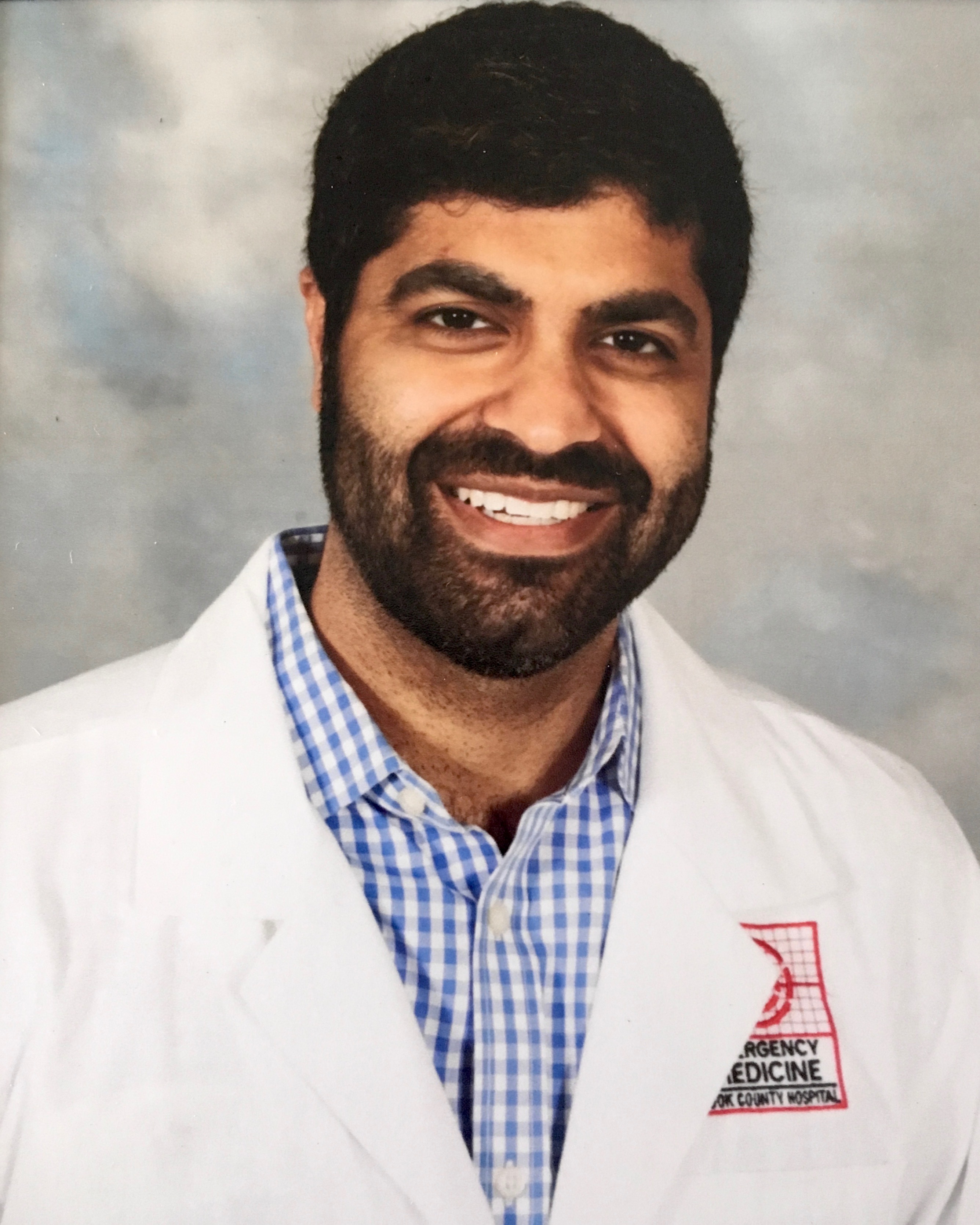
Neeraj Chhabra, MD, MSCR
Medical Toxicologist & Emergency Medicine Physician
University of Illinois Chicago
Neeraj Chhabra, MD, MSCR is an Emergency Physician and Medical Toxicologist based in Chicago, Illinois. He provides medical toxicology consulting services for the Illinois Poison Center and Cook County Health. Dr. Chhabra completed his fellowship in medical toxicology with the Toxikon Consortium in 2017 and his master’s degree in clinical research at Rush University Graduate College in 2020. His clinical focus is on the acute management of poisonings and overdose.
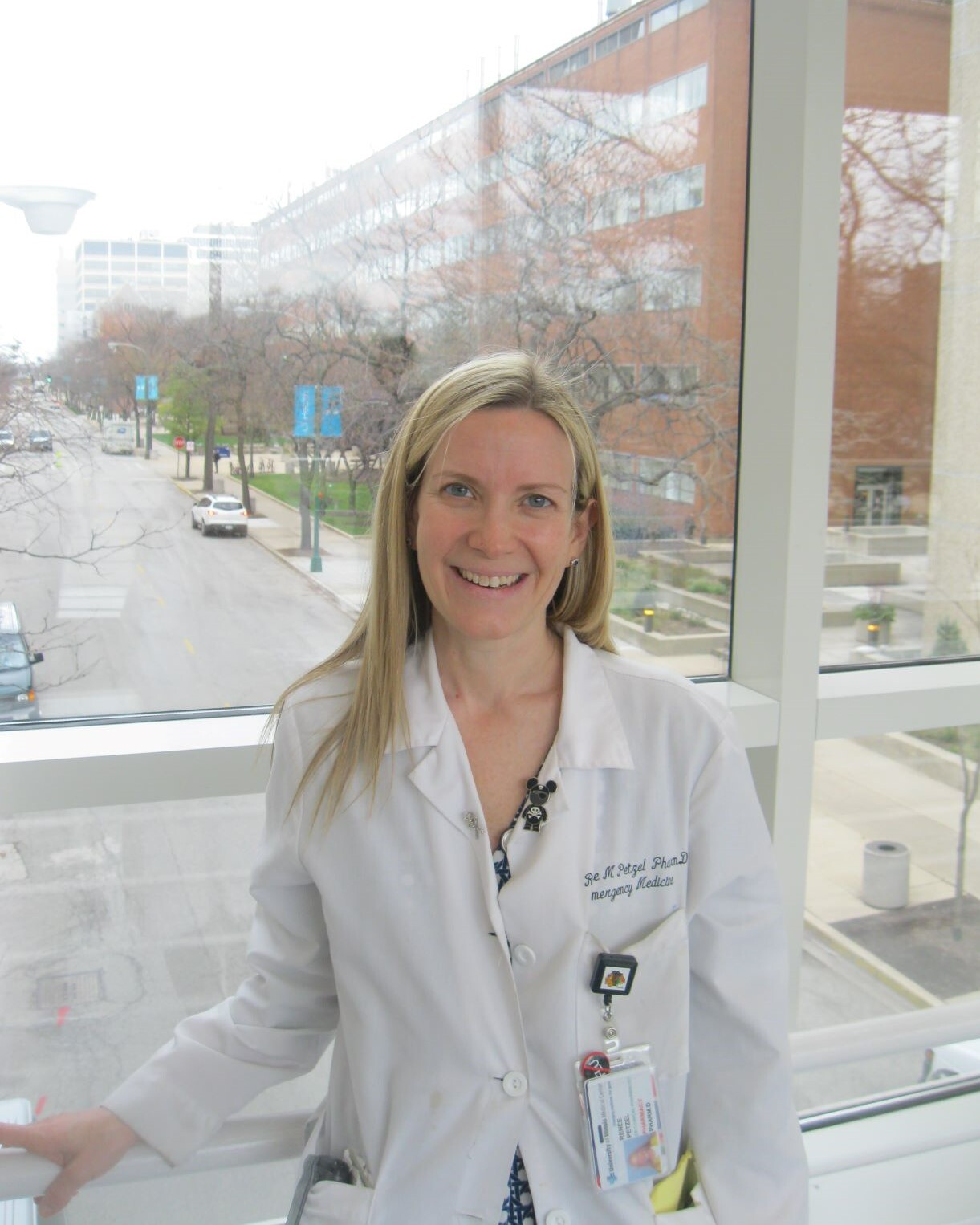
Renee Petzel Gimbar, PharmD
Clinical Associate Professor
University of Illinois Chicago College of Pharmacy
Renee Petzel Gimbar received her PharmD from the University of Illinois at Chicago College of Pharmacy and completed PGY-1 training at UIC and PGY-2 training at Rutgers University. She started emergency medicine pharmacy services at the University of Tennessee Medical Center Knoxville and Loyola University Medical Center. She was inducted as a fellow of the American Academy of Clinical Toxicology in 2019. She currently is a clinical associate professor in the department of pharmacy practice at UIC College of Pharmacy, an Emergency Medicine and Medical Toxicology Clinical Pharmacist at UI Health, and the Residency Program Director for the PGY-2 Emergency Medicine Pharmacy Residency. She has integrated herself in the emergency medicine and medical toxicology services at both Loyola and UIC, active in the acute care of patients, didactic and beside education of healthcare trainees. Dr. Petzel Gimbar has been involved in multiple research studies and publications related to emergency medicine and toxicology practice, including a current multi-year NIH study addressing emergency department hypertension in underserved patients. She has given invited lectures internationally and nationally on both emergency medicine and medical toxicology topics. At home, she attempts to manage her nine, seven, and five year olds without a toxic ingestion.
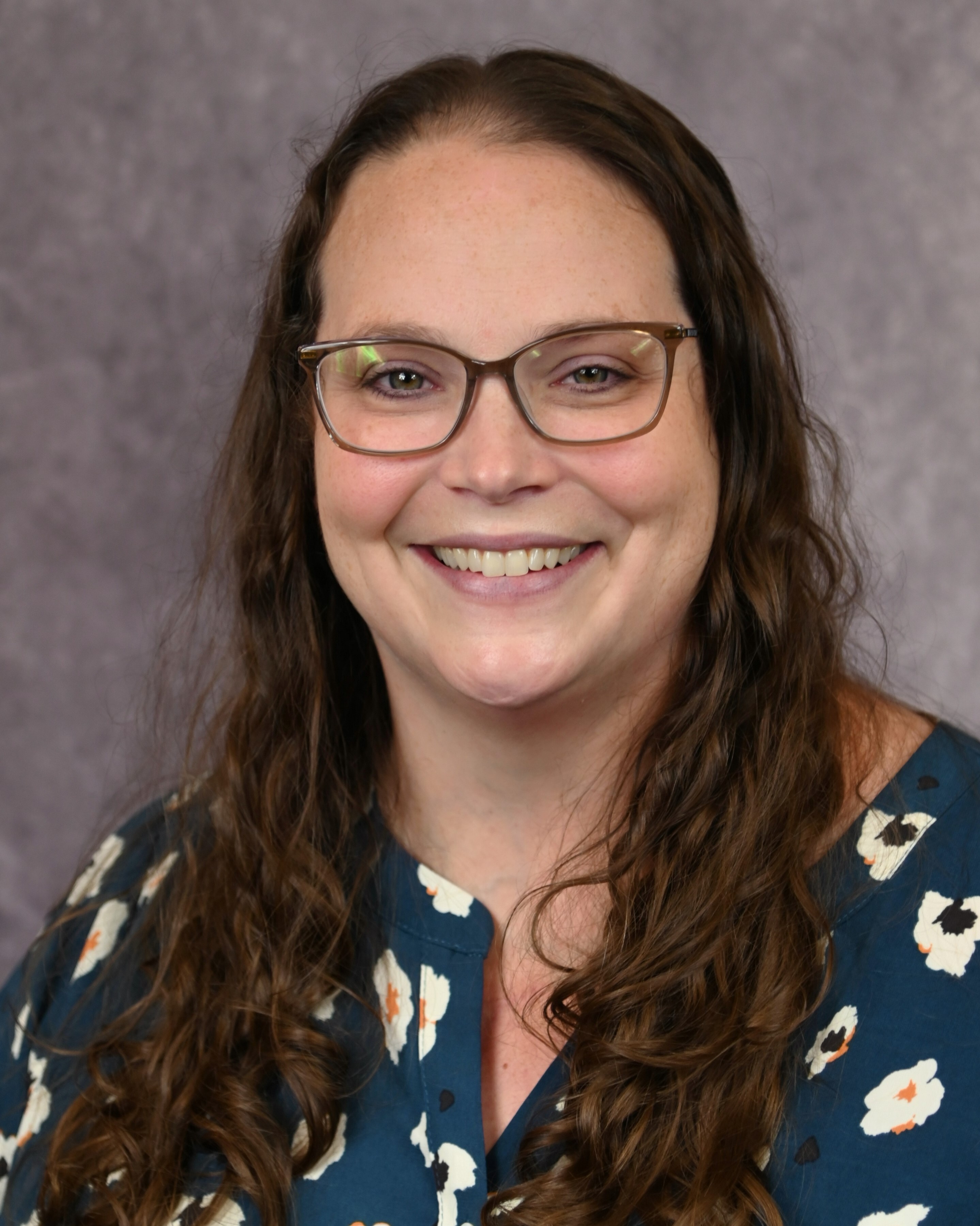
Michelle Hieger, DO
Emergency Physician, Medical Toxicologist, and Addiction Medicine Physician
Wellspan Health, York, PA
I am a board-certified Medical Toxicologist, Addictionologist, and Emergency Medicine physician. I completed my residency at Memorial Hospital in York, PA. My fellowship was completed at Virginia Commonwealth University in Richmond, VA. I currently work at WellSpan York Hospital in York, PA, as an Emergency Physician, Medical Toxicologist, and working with in-patients starting treatment for addiction. I initiated the toxicology service at York Hospital and now I am the Medical Director for Medical Toxicology. I am interested in treating the poisoned patients at bedside, and especially interested in the antidotal therapy with physostigmine (if it returns) and flumazenil. I enjoy professional engagement with ACMT.
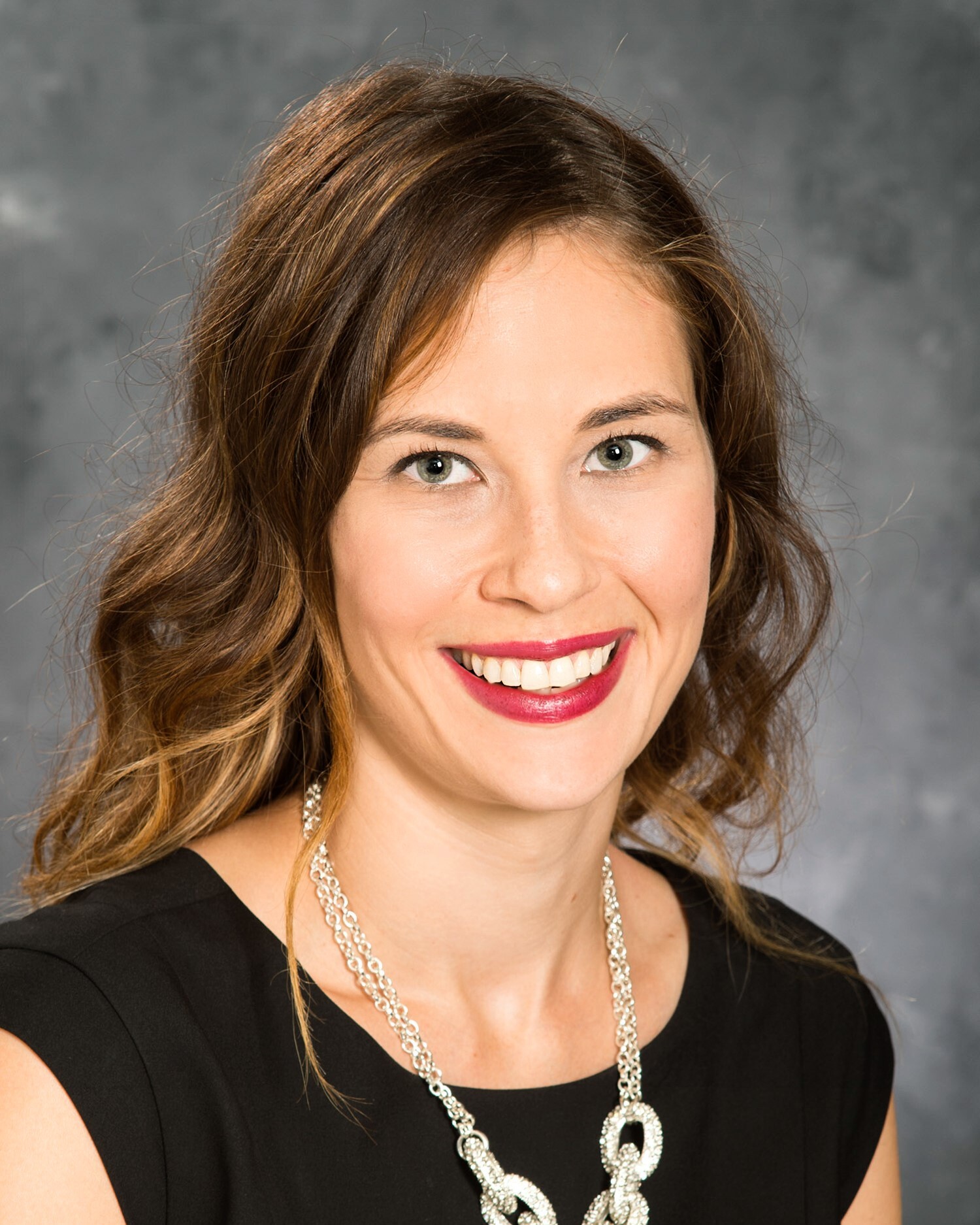
Katherine Katzung, MD, FACEP, FASAM
Director of Addiction & Toxicology Program & Emergency Care Physician
Abbott Northwestern Hospital & Emergency Care Consultants
Katherine Katzung, MD is an attending physician in the emergency department at Abbott Northwestern, where she serves as chair of the department. Additionally, she is the medical director of the hospital’s addiction medicine and toxicology program, which began in 2020 after she received grant funding to initiate a hospital-based toxicology/addiction medicine consult service as well as an emergency department-based addiction medicine "bridge" clinic to provide continuity of care for patients initiated on Suboxone. This innovative program allows patients evaluated at Abbott Northwestern in the emergency department or inpatient units continuity of care, while focusing on harm-reduction strategies, until they can be given a warm hand-off to community providers.
A graduate of the University of Minnesota School of Medicine, she completed emergency medicine training at Regions Hospital in St. Paul and additional fellowship training in medical toxicology. She is board certified in emergency medicine, medical toxicology, and addiction medicine. Her clinical interests surround the intersection of these 3 specialties, with special focus on early ED & hospital-based interventions to evaluate and treat substance use disorder, including initiation of medication assisted therapies.
She volunteers as a consultant for the Minnesota Poison Control System in addition to serving on the board of the Steve Rummler HOPE Network and acts as medical director of its overdose prevention program.
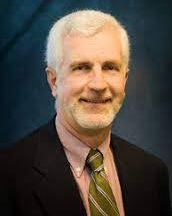
William "Russ" Kerns, II, MD, FACMT, FACEP
Emeritus Professor of Emergency Medicine
Carolinas Medical Center
Dr. Kerns trained in Emergency Medicine and Medical Toxicology and served as Professor in both disciplines at Carolinas Medical Center for 33 years. Faculty roles included leadership of the Medical Toxicology Fellowship and clinical division, consultation for the Carolinas Poison Center, and research. Research interests included antidotes, envenomation, and resuscitation of cardiotoxic drugs. He also served the ACMT focusing on advancing research and education.

Travis D. Olives, MD, MPH, MEd, FACMT
Emergency Medicine Physician & Associate Medical Director
Hennepin HealthCare & Minnesota Poison Control System
Travis Olives is a faculty emergency physician and medical toxicology at Hennepin Healthcare, and the associate medical director of the Minnesota Poison Control System. Dr. Olives also directs the combined residency in emergency medicine and internal medicine at Hennepin Healthcare. He holds active research interests in social determinants of health and disparities in poisoning diagnostic and therapeutic modalities, and he serves as the lead in Hennepin Healthcare's collaboration with both the Minnesota Department of Health in the Minnesota Drug Overdose and Substance Use Surveillance Activity, and with the American College of Medical Toxicology's FDA ACMT Covid-19 ToxIC Pharmacovigilance Project.
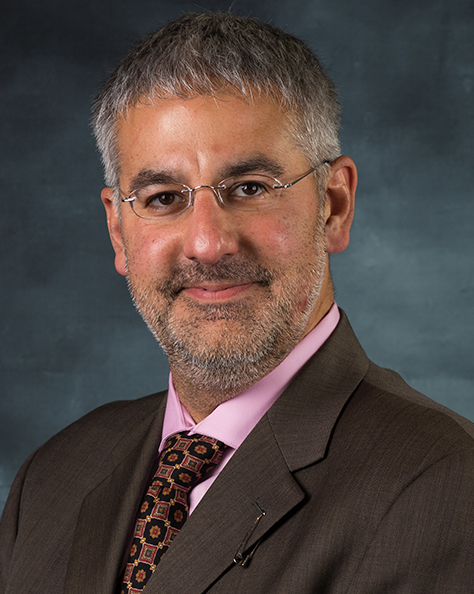
J.J. Rasimas, PhD, MD, FAACT, FACLP, FACMT, FACPsych
Professor of Psychiatry & Emergency Medicine
Dalhousie University, University of Minnesota, & Penn State College of Medicine
Dr. Rasimas has a Jesuit university background in biochemistry, mathematics, and philosophy. He completed the Medical Scientist Training Program, earning a PhD in chemical biology (2002) and MD (2003) from Penn State University. After Psychiatry residency at the Mayo Clinic, he was a clinical fellow at the National Institutes of Health in Washington, DC where he did translational research and trained in medical ethics. He also undertook formal education in psychoanalytic psychotherapy, completed the critical care based medical toxicology fellowship at Penn State, and became certified in Psychosomatic Medicine, Addiction Medicine, and Medical Toxicology. Further work at NIH has included the Undiagnosed Diseases Program and roles in research ethics and oversight. Dr. Rasimas was the Director of Consultation-Liaison Psychiatry and Co-Chair of the Biomedical Ethics Committee at Hennepin County Medical Center in Minneapolis, Minnesota before moving to Prince Edward Island, Canada in 2022. Based at Queen Elizabeth Hospital in Charlottetown, he served as the lead Psychiatrist for C-L and Addictions for the province. He has recently transitioned to Nova Scotia Health in an effort to build treatment programs for patients with complex psychosomatic illnesses and substance use. For PEI, Dr. Rasimas remains the Medical Director of the Atlantic Mentorship Network for Chronic Pain, Addictions, and Mental Illness. Dr. Rasimas is a university professor with continued involvement in medical education in both the US and Canada pursuing an academic medical career at the interface of psychosomatic medicine, medical toxicology, and psychodynamic psychotherapy with a primary clinical interest in the phenomenology of suicide.
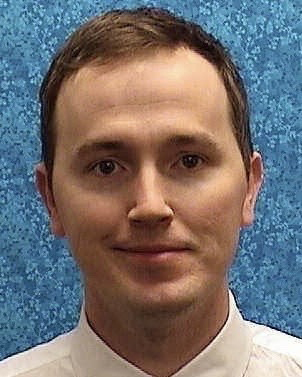
Daniel J. Sessions, MD, FACMT, FASAM, FAAEM
Chief, Division of Medical Toxicology
Ochsner Medical Center
Dr. Sessions practices medical toxicology, emergency medicine and addiction medicine at Ochsner Health in the New Orleans area. Dr. Sessions has expertise in poisoning and drug overdose, envenomation, toxic occupational exposure, medication assisted therapy for opioid and alcohol use disorder and forensic toxicology. Dr. Sessions earned his degree in medicine from Louisiana State University School of Medicine in New Orleans in 2008. He is board-certified in emergency medicine and medical toxicology by the American Board of Emergency Medicine in 2012 and 2014. He completed a medical toxicology fellowship at the Rocky Mountain Poison & Drug Center at Denver health in Denver in 2013. He is board-certified in addiction medicine by the American Board of Preventative Medicine in 2022. Dr. Sessions actively participates in the American Academy of Emergency Medicine, the American College of Medical Toxicology, the American Academy of Clinical Toxicology and the American Society of Addiction Medicine.
Registration Rates
ACMT Member | $200 |
| Non-member | $250 |
Registration includes:
- 90-day access to the course from date of purchase
- Access to all lectures and slides in the Pharmaceuticals section of the Total Tox Course
- Pre/Post Test
- Downloadable Certificate of Completion
If you would like continuing education credits for your participation, they are available for an additional fee.
Interested in becoming an ACMT Member? Learn more at: www.acmt.net/membership
Available Discounts
If you are a member of one of the following organizations, you may be eligible for a registration discount. Please reach out to us at events@acmt.net for a discount code:
- American Academy of Emergency Medicine (AAEM)
- America's Poison Center (APC)
- Association of Healthcare Emergency Preparedness Professionals (AHEPP)
- American College of Emergency Physicians (ACEP)
Refunds and Cancellations
For questions regarding our refund and cancellation policy, please email us at events@acmt.net.
Package Options - Discounted Rates!
ACMT offers a discounted rate for purchase of all three sections of the Total Tox Course as well as CE purchases for all three sections. Please use the links below if you are interested in these potential savings!
Total Tox Course Package: Save $100 CE Package: Save $25
Last day to Register: 2/1/2024
Instructions
Once you have completed your registration:
- Click on the Contents tab. This is where you will be able to see all lectures and required content for this course.
- Complete Pre-Test. This test is purely to assess your baseline knowledge of the topic. You will take the same test again at the end of the course and compare your scores to assess your learning.
- Watch all twelve lectures and case discussion. Learners will be required to watch at least 3/4 of the video before it will be marked as complete.
- Complete Post-Test. Learners will have unlimited attempts and the test requires seven points to pass. Compare your post-test to your pre-test to assess your learning.
- Complete Event Survey. If Learners have purchased CE, they will be required to complete this survey in order to receive their CE.
- Download Certificate of Completion. This certificate is not a record for Continuing Education, this is a record of your completion of this section only. You will be able to download the certificate until your course registrations expires.
If you have purchased CE: Learners will need to navigate to their separately purchased CE to complete the final steps to obtain their CE certificate.
Need Assistance or Have Questions?
For assistance logging in, accessing content, purchasing or completing Continuing Education credits, or for other questions, please contact us at events@acmt.net or visit our FAQ page.
If you are in need of accessible learning accommodations, please contact events@acmt.net for additional assistance.
Continuing Education
Continuing Education credits are available for an additional fee. Available CE credits include: Continuing Medical Education (CME), Continuing Pharmacy Education (CPE), and Continuing Nursing Education (CNE).
The Pharmaceuticals Section contains a maximum of 6.0 CE credits.
Purchase CE for Pharmaceuticals Section
ACMT also offers a discounted package rate for purchase of CE for all three sections. Please use the link below if you are interested in these potential savings!
Refunds and Cancellations
For questions regarding our refund and cancellation policy, please email us at events@acmt.net.



